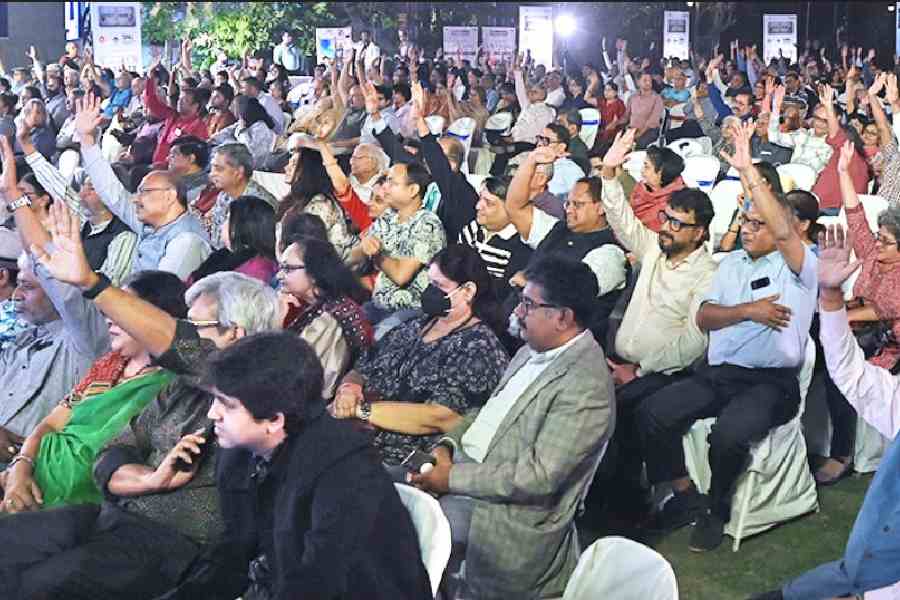New Delhi, March 28: An intention to bequeath property on “a piece of paper” doesn’t constitute a valid will and it has no legal sanctity unless registered and attested by two independent witnesses, the Supreme Court has said.
Also, if a widow has inherited a property on the basis of a will, she cannot claim absolute rights over it, a bench of Justices R.M. Lodha and A.R. Dave said in a recent judgment.
The judges dismissed the appeal against a Punjab and Haryana High Court order which had decreed that a writing by a property owner, Rao Gajraj Singh, did not amount to a will because it did not meet the two key conditions.
“The writing executed by Gajraj Singh, which stated that upon death of himself or his wife, the property would be inherited by the survivor, was neither in the nature of a will nor in the nature of transfer of the property,” the court said.
“…the said writing was neither registered as required under the provisions of the Indian Registration Act, 1908 nor was attested by two witnesses as it should have been done, had it been a will,” the court added.
Thus, the writing executed by Gajraj Singh, in the eyes of the law was “only a piece of paper having no legal effect”, the judges said. “Factually also, the said writing was not a will because it was not attested by two witnesses as is required to be done for the execution of a valid will.”
The high court was right in ignoring the “vaguely crafted” writing and ruling that because of the deficiencies in the paper, Gajraj Singh had legally died intestate — without a will — with neither complete ownership or share of his assets transferred to his widow Sumitra Devi.
The writing was only attested by Rao Devender Singh, the son of Gajraj Singh’s sister. Gajraj Singh died in 1981. Eight years later, Sumitra Devi executed a will bequeathing the property to only one of her eight sons, Narinder. She died days later.
Later, some of the other children filed a suit against Narinder claiming 1/8th share of the property.
A trial court had ruled in favour of Narinder but the high court overturned the verdict and ruled for the other children on the ground that Sumitra did not have absolute right over the property as it was not “self-earned”.
The high court took the view that as the purported will executed by Gajraj Singh was invalid, the property would “fall under intestate succession”. Sumitra, at best, could have 1/9th of the share as the eight children were entitled to their individual shares under the Hindu Succession Act, 1956, the high court said.
Narinder appealed in the apex court but his plea was rejected.
“As Rao Gajraj Singh died intestate and was the owner of the property at the time of his death, the property should have been inherited by his widow, namely Sumitra Devi and his eight children in equal share,” Justice Dave, writing the judgment, said.
The court then outlined the widow’s rights. It said while Sumitra’s will was “valid”, attested by two independent witnesses, she had no authority to bequeath the entire property to only one of her sons, Narinder.
The apex court agreed with the high court’s conclusion that Sumitra, who “had only 1/9th of the right and interest in the property, could not have bequeathed more than her share.
“If Sumitra Devi was not a full-fledged owner of the property, she could not have bequeathed the entire property to Narinder Singh.
“At the most Sumitra Devi could have bequeathed her interest which was to the extent of 1/9th share in the property. So the high court rightly came to the conclusion that the 1/9th share in the suit property belonging to Sumitra Devi would be inherited by the appellant Narinder Singh.”










